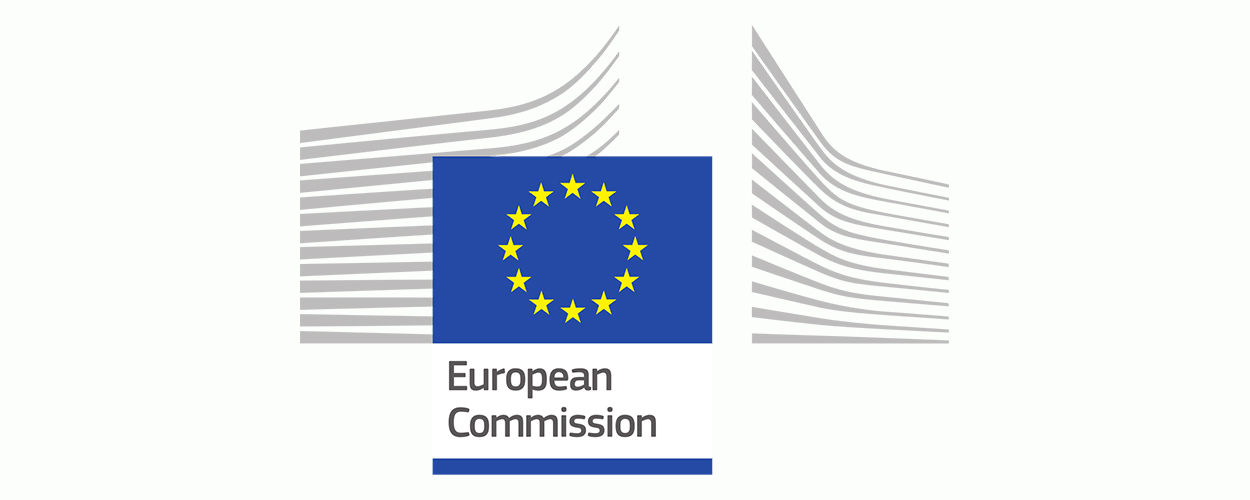This website uses cookies so that we can provide you with the best user experience possible. Cookie information is stored in your browser and performs functions such as recognising you when you return to our website and helping our team to understand which sections of the website you find most interesting and useful.
Business News Digital Labels & Publishers
European Commission IP report talks piracy and AI
By Chris Cooke | Published on Monday 30 November 2020

The European Commission last week published a paper on a wide assortment of intellectual property matters, looking at how laws and systems relating to trademark, patents, designs, copyright and other IP matters could be enhanced and reformed across the European Union.
Obviously, when it comes to copyright, EU member states are still implementing last year’s copyright directive, including its headline-grabbing reforms of the copyright safe harbour. Nevertheless, some of the proposals in the EC’s paper impact on copyright matters, and therefore the music industry
In particular, the paper said that tackling piracy in its various forms should become a higher priority across Europe, at both a national and EU level, adding that “the capacity of law enforcement authorities has to be substantially strengthened”.
“As regards counterfeiting and piracy, the Commission sees a clear need to step up efforts”, the paper states. “New forms of IP infringements have arisen on the internet, such as cyber theft of trade secrets (accounting for an estimated 60 billion euro of losses in the EU), illegal internet protocol television (IPTV) and other forms of illegal (live) streaming. They raise particular challenges for manufacturing, the creative and cultural industries, as well as the sports sector”.
Of course for the music industry, piracy isn’t as big a talking point as it used to be, partly because the streaming boom has taken the record industry back into growth, and partly because getting that safe harbour reform became the priority in more recent years.
That said, plenty of unlicensed music continues to be distributed and accessed online, and music companies still try to hinder such activity wherever they can. That often requires cross-border collaboration to be truly effective, which means record companies and music publishers will welcome any pan-European anti-piracy efforts.
The paper also considers the impact of artificial intelligence, both in enforcing IP rights, but also creating them. As AI technologies start composing music, creating content and inventing stuff, questions arise about to how copyright – and other forms of IP – protect that work, and who owns said rights. Some copyright systems have already anticipated those questions, though others remain silent on the matter.
The paper acknowledges that “discussions on the impact of AI on intellectual property rights are ongoing both in Europe and internationally”. It goes on: “A study published today stresses the need to distinguish between inventions and creations generated with the help of AI technologies and the ones solely created by AI technologies. Whilst inventions and creations autonomously created by AI technologies are still mostly a matter for the future, the Commission takes the view that AI systems should not be treated as authors or inventors”.
It then adds: “The study also shows that current EU IP framework and the European Patent Convention appear broadly suitable to address the challenges raised by AI-assisted inventions and creations. However, harmonisation gaps and room for improvement remain. These should be addressed in order for European excellence to blossom in AI. As a first step, the Commission will map and analyse all issues and engage in stakeholder discussions”.
So, if you thought all EU-wide copyright matters had been addressed by last year’s copyright directive, think again!





